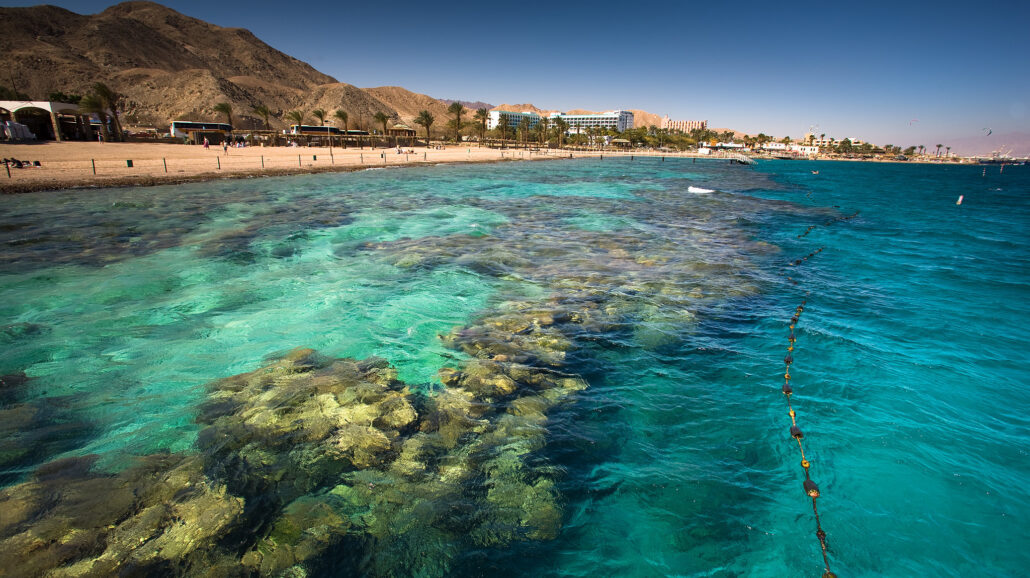
More evidence has emerged that global warming could be hitting would-be parks visitors.
New research out of Israel has revealed that fewer tourists bother to venture out to public parks during heat waves unless a park happens to feature a cooling body of water. Scientists have already linked intense heat waves to climate change, and harsher heat waves appear to strongly coincide with a decrease in park visitations, according to data acquired in this latest study.
The new study offers particularly compelling evidence because all the Israeli parks surveyed require fees to access them. Thus, visitation trends can be tracked carefully and accurately. The study’s authors, led by lead author Zohar Barnett-Itzhaki of the Ruppin Academic Center, argue that this also affords researchers the ability to correlate nasty heat spells with dips in parks attendance.
Their findings, published in the online academic journal PLOS ONE, are significant and should be of interest to other nations well beyond the Middle East, the authors stressed.
“The weekly average national number of visitors in all sites combined was significantly lower in weeks with heat waves,” they wrote. “Since the entrance to the sites is paid, entrance to the sites is regulated and the data collected is therefore highly reliable.”
“The study is highly relevant to a large number of countries, with an emphasis on areas with rising temperatures and higher frequencies of heat waves,” they added.
The study looked at 56 Israeli national parks and nature reserves. The researchers scrutinized more than 75,000 records on daily visitations logged from 2016-2019.
Visitation records were correlated with daily high-temperature records, officially recorded heat waves, and air pollution. The research team clarified that data covering five remote and less popular national parks were removed “due to inconsistent visit patterns.”
While most parks showed pronounced declines in visitor numbers during heat waves, there were a few notable exceptions—parks featuring beaches or aquatic attractions.
“During heat waves, there were relatively more visitors to sites with a water source,” the authors noted. Their findings revealed how heat waves correlated to an uptick in visitors to Achziv National Park on the Mediterranean coast, Eilat Coral Beach Nature Reserve on the Red Sea, and Majrase Nature Reserve on the Sea of Galilee.
The Israeli research study was led by the Ruppin Academic Center and the Israel Nature and Parks Authority. The team’s findings closely parallel findings from other similar studies out of the United States, the United Kingdom, and South Africa that also discovered links between heat waves and park visitation trends. A study out of Spain cited by the Israeli research team also showed that Spanish beaches become more crowded during heat waves.
©2025 Public Parks



